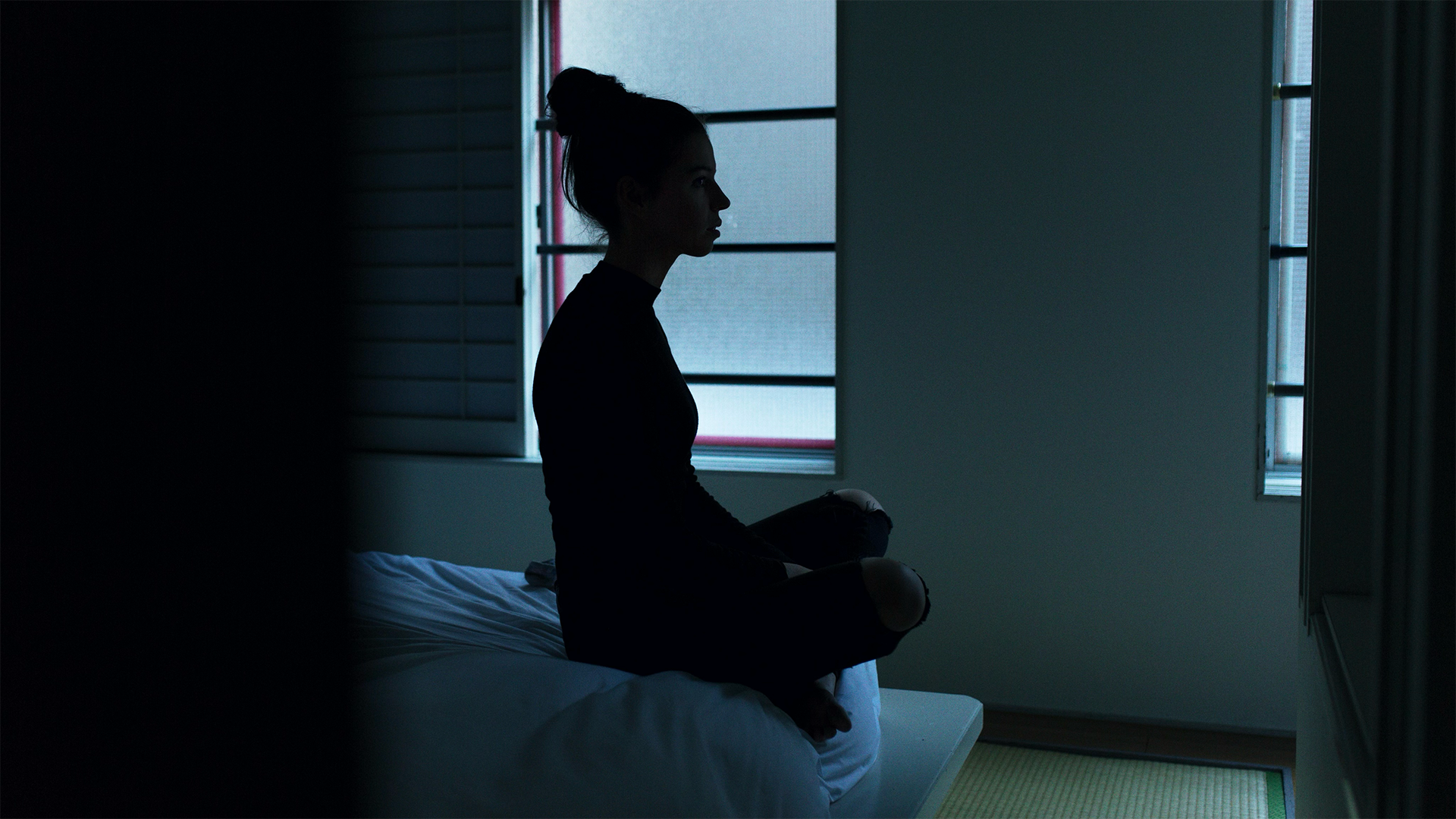Sleep is a cornerstone of physical and mental well-being, yet we often overlook how seemingly small factors, like room temperature, can impact its quality. Recent studies highlight a connection between sleeping in overly warm environments and mental health issues such as anxiety and depression. Managing your sleep temperature may therefore be an effective strategy to enhance emotional balance.

The Link Between Body Temperature and Mental Health
A large-scale study has revealed a significant correlation between body temperature and depressive symptoms. Researchers analyzed data from over 20,000 participants and found that higher body temperatures were associated with increased severity of depressive symptoms.
Key findings:
– Elevated body temperatures may indicate greater vulnerability to anxiety and depression.
– Uncertain causes: It remains unclear whether elevated temperatures stem from the body’s inability to cool itself or from other physiological factors. Nonetheless, the connection is evident.
These findings suggest that stabilizing body temperature could play a role in alleviating some mental health symptoms.
How Temperature Affects Sleep and Emotional Well-being
Nighttime temperature plays a critical role in determining sleep quality. Specifically, slow-wave sleep—a crucial phase for brain regeneration—can be disrupted by a warm environment. During this phase, the brain:
– Consolidates memories.
– Eliminates toxins.
– Restores energy to prepare for the next day.
Negative effects of disrupted sleep:
– Reduced emotional well-being: Two consecutive nights of interrupted sleep can lower emotional well-being by 31%.
– Increased risk of depression: Sleeping less than six hours per night triples the likelihood of developing depressive symptoms.
An overly warm environment prevents the body from cooling down adequately, hindering the optimal conditions needed for deep sleep.
Why Maintaining a Cool Temperature is Essential
Thermal regulation is a natural process the body uses to prepare for sleep. A hot environment forces the body to work harder to cool itself, which can compromise:
– Sleep quality.
– Hormonal balance linked to relaxation and regeneration.
Practical tips:
– Keep your room temperature between 15–19°C (59–66°F).
– Use breathable and lightweight bedding materials.
– Ventilate your bedroom regularly to ensure proper air circulation.
Strategies to Improve Sleep and Mental Health
Beyond optimizing room temperature, several habits can significantly enhance both sleep quality and mental well-being:
1. Stick to a regular sleep schedule: Go to bed and wake up at the same time every day.
2. Limit screen time before bed: Blue light from electronic devices interferes with melatonin production.
3. Practice relaxation techniques: Meditation, yoga, or breathing exercises can promote calmness.
Incorporating these habits into your routine can improve your sleep and help alleviate symptoms of anxiety and depression.
Conclusions
Sleep temperature is a vital factor in overall well-being. While further research is needed to fully understand the connection between body temperature and mental health, optimizing your sleep environment is a simple yet effective step toward better rest and a more positive mood.



